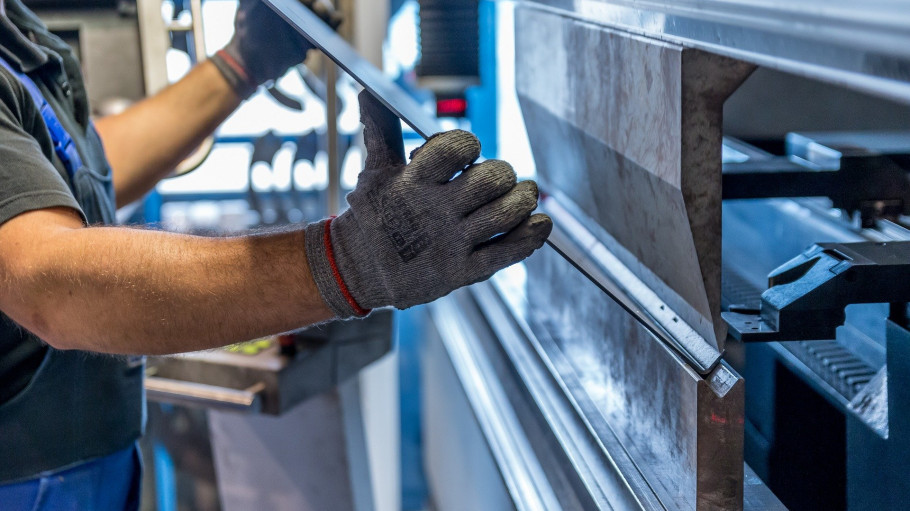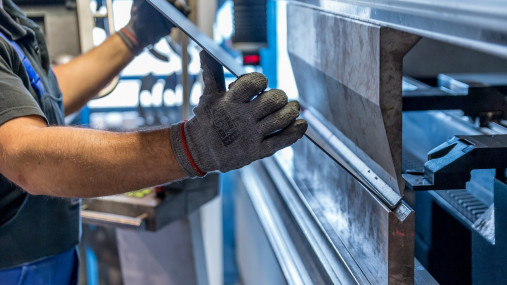
Press releases » Definitive Anti-Dumping duties on Indonesia, China and Taiwan stainless steel imports a necessary measure
Definitive Anti-Dumping duties on Indonesia, China and Taiwan stainless steel imports a necessary measure
Downloads and links
Recent updates

Brussels, 08 October 2020 – The European Commission has published definitive anti-dumping duties on imports of certain hot rolled stainless steel sheets and coils (SSHR) originating in Indonesia, the People’s Republic of China and Taiwan (Regulation 2020/1408).
The European Steel Association (EUROFER) welcomes the measure as a first step towards restoring a level playing field and securing a sustainable future for the European stainless industry, but says the Commission must apply trade enforcement rules in full, given the spirit and intention of the revised EU trade defence instruments adopted by the European Parliament and the Council in 2018.
The European Commission Implementing Regulation largely confirms existing provisional measures and imposes definitive anti-dumping duty rates of 17.3% on SSHR imports from Indonesia, up to 19% on imports from China, and up to 7.5% on imports from Taiwan. The investigation leading up to these measures was initiated in August 2019 following a complaint submitted by EUROFER.
Axel Eggert, Director General of EUROFER said, “Indonesia, China and Taiwan have a structural overcapacity problem. Their dumping has seriously harmed European stainless steel producers and these measures are necessary. However, by not disapplying the Lesser Duty Rule the European Commission has failed to fully apply the revised Trade Defence Instruments (TDI) rules. They must do so without inhibition if they want to effectively tackle third country trade distortions and save EU industry and the jobs it supports”.
The EU’s trade rules were only revised two years ago after a half-decade long process. Robust TDIs ensure that the EU can defend industry and citizens against dumping and harmful trade-distorting practices.
“Although the Commission’s investigation clearly established that significant raw material distortions exist in China and Indonesia, the Commission has failed to lift the Lesser Duty Rule, and imposed final anti-dumping duties at the lower level of the injury margins”, said Mr Eggert. “However, the dumping margins range from 17.7% to 106.5% for Chinese and Indonesian producers, so the effect of massive distortions has been ignored”.
The recently opened investigation into imports of stainless steel cold rolled flat products originating in Indonesia and India will be another opportunity to enforce trade rules properly and send the right signal to third-country producers and their governments that deliberately ignore WTO rules and continue to build up excess capacity.
Now that definitive measures have been imposed, EUROFER calls on the Commission to remain vigilant with regard to any attempts by Indonesian, Chinese and Taiwanese exporters to engage in circumvention or absorption.
Contact
Charles de Lusignan, Spokesperson and Head of Communications, +32 2 738 79 35, (charles@eurofer.be)
About the European Steel Association (EUROFER)
EUROFER AISBL is located in Brussels and was founded in 1976. It represents the entirety of steel production in the European Union. EUROFER members are steel companies and national steel federations throughout the EU. The major steel companies and national steel federations in Switzerland and Turkey are associate members.
The European Steel Association is recorded in the EU transparency register: 93038071152-83.
About the European steel industry
The European steel industry is a world leader in innovation and environmental sustainability. It has a turnover of around €170 billion and directly employs 330,000 highly-skilled people, producing on average 160 million tonnes of steel per year. More than 500 steel production sites across 22 EU Member States provide direct and indirect employment to millions more European citizens. Closely integrated with Europe’s manufacturing and construction industries, steel is the backbone for development, growth and employment in Europe.
Steel is the most versatile industrial material in the world. The thousands of different grades and types of steel developed by the industry make the modern world possible. Steel is 100% recyclable and therefore is a fundamental part of the circular economy. As a basic engineering material, steel is also an essential factor in the development and deployment of innovative, CO2-mitigating technologies, improving resource efficiency and fostering sustainable development in Europe.

Download files or visit links related to this content
Joint Industry Statement
Brussels, 11 February 2026 - The European Steel Association (EUROFER) has backed a call to action adopted by European companies and industries in Antwerp today, which includes a demand on the EU to take urgent action to bring electricity prices down as a condition for Europe’s industrial drive, competitiveness and economic resilience.
The automotive value chain is of vital importance to the EU steel industry and requires an integrated approach to realising the decarbonisation transition in a pragmatic way.